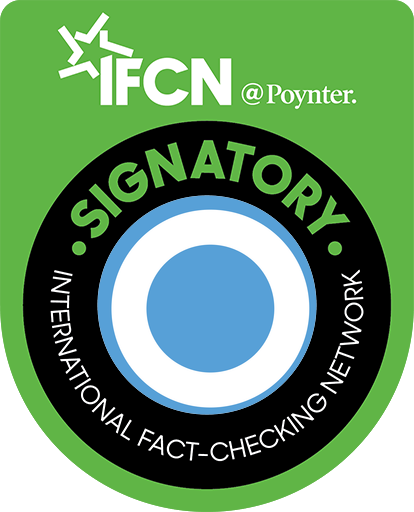The day after the announcement of the death of Queen Elizabeth II, a post on Facebook went viral for something that the British monarch supposedly had done “in the last moments of her life.” The claim is so unfounded that it should automatically have cast doubt on its veracity, but this did not happen and the post was quickly shared and commented on by many Facebook users.
Post false content on Facebook
In the text of the image, which is used or designed by the news channel G1, I read that, “in the last moments of her life, Rainha Isabel II mentions Bolsonaro” and that G1 has had de facto knowledge through two “members of the royal guard of United Kingdom”.
Imagine that, before dying, the British monarch had made a statement about the elections in Brazil, which are taking place in a few weeks. And beyond that, these statements had been directed at other members of the royal family.
However, as expected, there is no evidence that Queen Elizabeth II has ever commented on what would be “better for Brazil”, in terms of political options for the country, in what could be understood as an interference in the life politics. of the South American country.
The invented news is also signed by “José Feynman”. The nickname “Feynamn” helps to deconstruct fake news, since it has been used, in addition to several proper names, to sign various montages with supposed news pages from Brazilian newspapers online, to spread false information.
conclusion
There is no record on the G1 portal of the publication that went viral and claimed that Queen Elizabeth II had shown preference for Jair Bolsonaro moments before he died. It is a simple montage with false content, with a signature that is already recurring in the field of fake news and that can help users identify false content on social networks.
Thus, according to the Observer classification, this content is:
WRONG
In the Facebook rating system, this content is:
FAKE: The main content claims are factually inaccurate. This option typically matches “false” or “mostly false” ratings on fact-checking websites.
NOTE: This content was curated by The Observer as part of a fact-checking partnership with Facebook.

Source: Observadora
